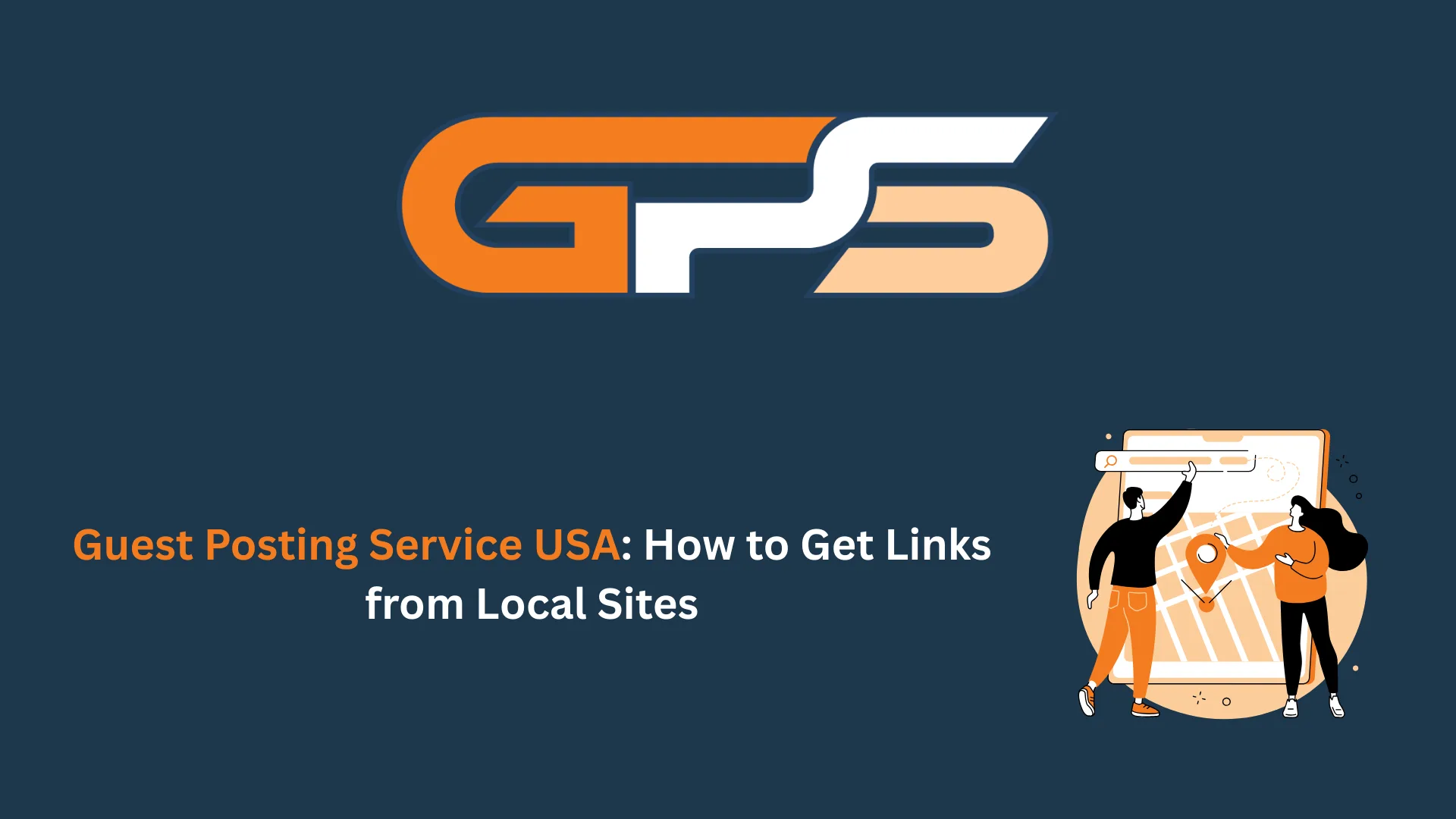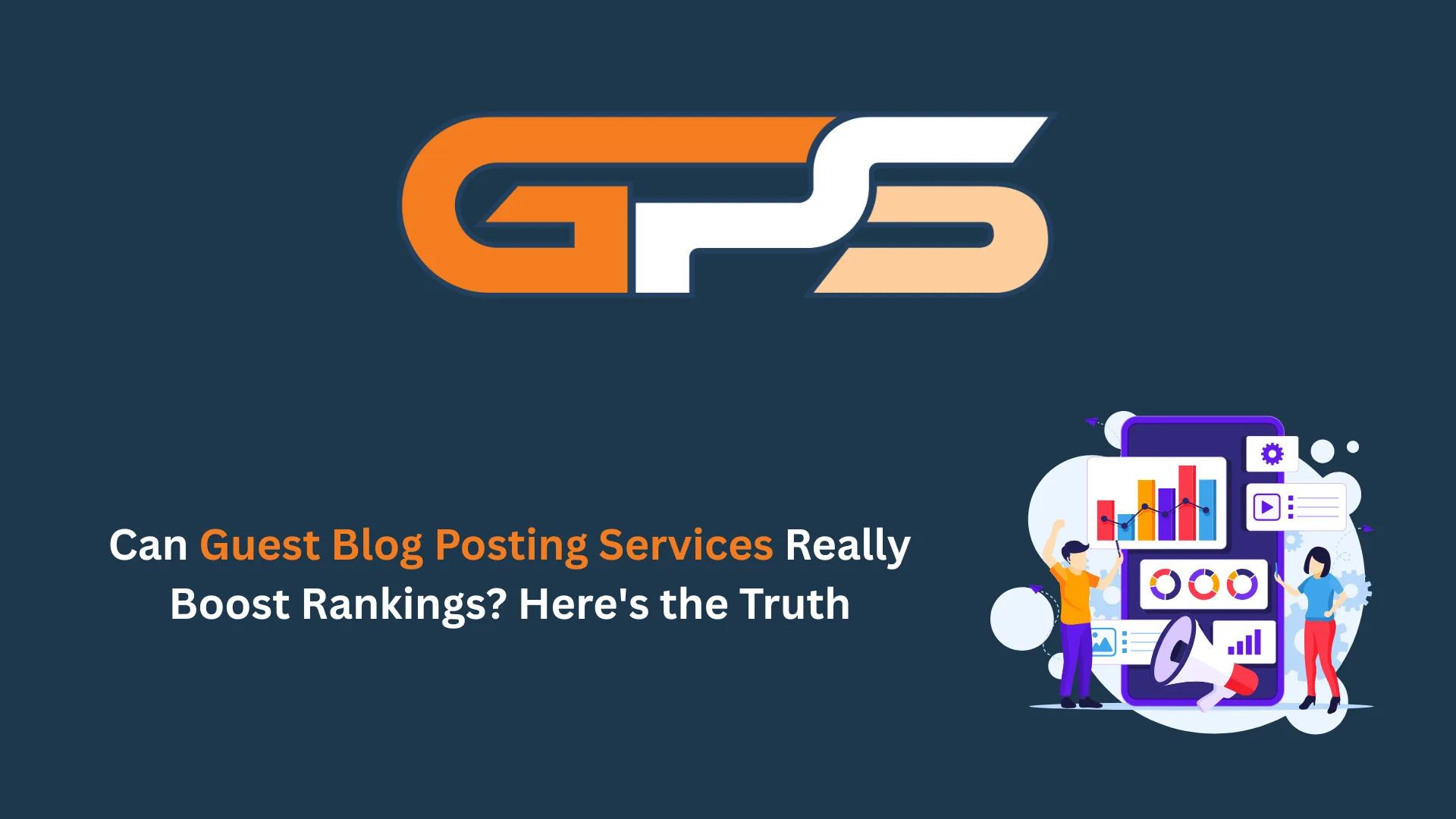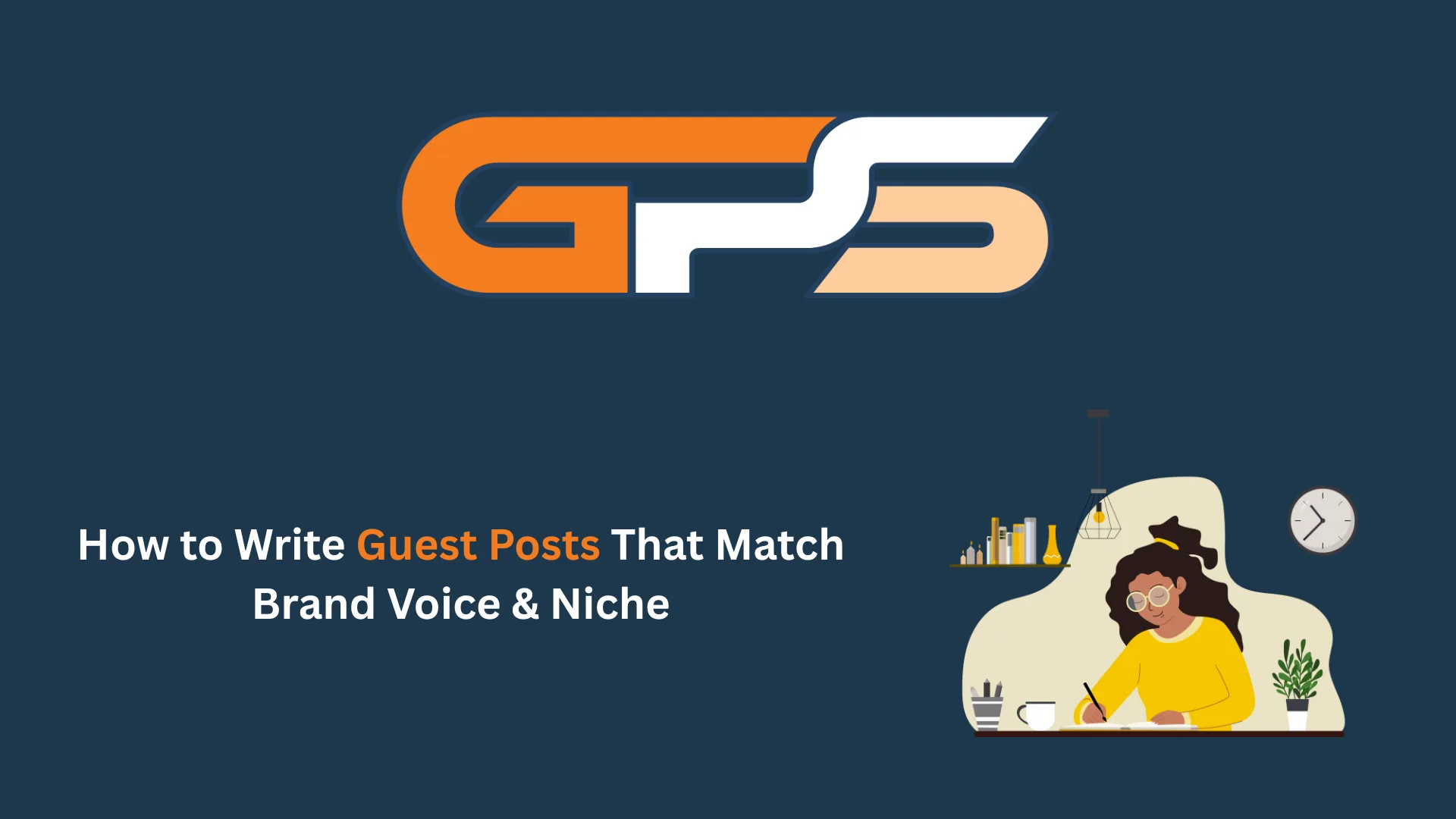Dominate Search Rankings
7 Contextual Link Building Services

Are you feeling lost in the sea of search results? Do you dream of seeing your website climb the ranks of Google and other search engines? The key lies in building a strong online presence, and one of the most powerful tools in your SEO arsenal is contextual link building service.
| Key Points: 1: Why Contextual Links Matter: Search engines prioritize links that are relevant to the content they connect. Contextual links act as strong signals of trust and authority for your website. 2: Benefits of Contextual Links: Backlinks from high-quality sources boost your website’s overall authority rank in search engine results. Contextual links from relevant websites drive targeted visitors interested in your content. Building High-Quality Contextual 3: Links: Explore various strategies like creating high quality content, guest blogging on relevant websites, participating in content curation platforms, and building relationships with website owners in your niche. |
What Is a Contextual Link Building Service?
Imagine you’re reading a blog post about the best hiking trails in a national park. The author mentions a specific trail and includes a link to another website with a detailed guide for that trail. That’s a contextual link! It’s a connection between two relevant pieces of information, making it easier for you to find more in-depth content on the topic.
Here’s what makes a contextual link building service different from a regular one:
- Relevance: The link appears on a website that talks about things similar to your website. Like in the hiking example, both websites discuss national parks.
- Natural Placement: The link isn’t just randomly inserted, but it flows naturally within the surrounding text. It makes sense for the link to be there because it adds value to the reader’s experience.
Benefits of Contextual Link Building Service :
Building a strong online presence is like climbing Mount Everest, requiring the right tools and strategies. Contextual link building service is your trusty climbing rope, helping you reach new heights in search engine result pages(SERPs).
But how exactly do quality contextual backlinks benefit your website?
Let’s explore the incredible perks:
1. Boost Authority:
Backlinks act like votes of confidence for your website. Quality contextual backlinks from high-domain websites send a powerful message to search engines: “This website is trustworthy and offers high quality content!” This translates to a boost in your domain authority, which is a key factor in higher search rankings.
2. User Experience Champion:
Imagine reading a blog post about delicious pizza recipes. Suddenly, you stumble upon a contextual link to a restaurant known for its award-winning pies! That’s the magic of contextual links. They seamlessly connect users with relevant information, enhancing their overall experience on your website.
3. Referral Traffic Avalanche:
Contextual links are like glowing recommendations for your website. When other websites link to your content, it’s essentially saying, “Hey everyone, this website offers great info on [topic]!” This attracts a wave of targeted visitors interested in what you have to offer.
4. Brand Awareness Spotlight:
High quality Contextual backlinks put your brand in front of the right audience at the right time. Imagine your website being mentioned as a trusted source on a popular industry blog. Boom! Your brand awareness skyrockets and you instantly become a thought leader in your niche.
5. Exponential Link Growth:
The beauty of contextual links is their ripple effect. When someone finds valuable content on your website through a contextual link, they might just link back to your website on their own! This creates a snowball effect, attracting even more backlinks and propelling your website further rank in search engine results.
For more useful insights, explore our other blog post, “Supercharge Client’s SEO with White Label Link Building Services”. Discover more to deepen your understanding.
Types Of Contextual Links:
Contextual links are crucial in search engine optimization (SEO) by enhancing the reader’s experience and indicating content quality.
Let’s explore the different types of contextual links:
| Type of Contextual Link | Description | Example |
| External Link | Links to relevant content on another website, are naturally placed within the surrounding text. | A blog post discussing Moz’s Domain Authority metric might include an external link to a specific article on Moz’s website that delves deeper into the topic. |
| Internal Link | Connects users to related content within the same website. | A blog post about SEO strategies might internally link to related articles or resources on the same website. |
| Inbound Link (Backlink) | Occurs when other websites link back to one of your web pages. | If a reputable website references your content and provides a link to your page, it’s considered an inbound link. |
How Contextual Links Gain:
We’ve explored different types of contextual links, but how exactly do you acquire them?
Here’s a breakdown based on how they’re earned:
Natural Backlinks (Organic Gems):
Imagine you’re writing an article and mentioning a brand or resource that provides valuable information relevant to your topic. You might naturally link to their website because it benefits your readers. This is the ideal scenario – organic link placement that occurs because your content is informative and references trustworthy sources.
Link Insertions (Strategic Requests):
Sometimes, a gentle nudge can be helpful. You might identify a relevant website with a published article where your content could be a valuable addition. By reaching out to the website owner, you can politely request them to insert a link to your website within the existing content. This can be particularly effective for broken link building (replacing outdated links with your relevant content).
Reciprocal Links (Tread Carefully):
This involves agreeing to link to another website in exchange for them linking back to yours. While reciprocal links can be beneficial, it’s important to proceed with caution. Search engines might penalize websites that participate in excessive link exchanges. Focus on building relationships with relevant websites and prioritize links that occur naturally or through strategic outreach.
Strategies for Building Contextual Links:
Now that we understand the power of contextual links, let’s delve into specific strategies to acquire them. Remember, the key is to focus on high-quality content, relevance, and building relationships with other websites in your niche.
Here are some effective techniques to get you started:
1. Content is King:
This might seem obvious, but it’s the foundation of any successful contextual link building strategy. Create high-quality, informative, and engaging content that resonates with your target audience. This could include blog posts, infographics, videos, or any other format that provides value to your readers.
Good Sources: Conduct thorough research on relevant topics within your niche. Look for trends, answer user questions, and offer unique insights or data-driven analysis.
Why It’s Popular: Search engines prioritize websites with high quality content, and other websites are more likely to link to informative and engaging resources.
2. Relevance is the Name of the Game:
Don’t just chase any link – focus on building relationships with websites that are topically relevant to yours. This ensures the context surrounding your backlinks is natural and reinforces your website’s authority in your niche.
Good Sources: Industry publications, competitor websites (excluding direct competitors), niche blogs, and online communities relevant to your target audience.
Why It’s Popular: Contextual links from relevant websites carry more weight with search engines and signal expertise within your niche. This can lead to higher rankings and increased organic traffic.
3. Guest Blogging Powerhouse:
Leverage guest blogging opportunities on high-authority websites within your niche. This involves creating content for another website that complements its audience and linking back to your relevant content. It’s a win-win situation: you gain exposure to a targeted audience while earning a valuable contextual link.
Good Sources: Identify high-ranking websites in your niche that accept guest posts. Look for “write for us” sections on their websites or research guest blogging opportunities through online tools.
Why It’s Popular: Guest blogging allows you to reach a wider audience while establishing yourself as an expert in your field. The contextual link from a relevant website further boosts your SEO power.
4. Content Curation Communities:
Explore platforms where industry leaders curate high quality content. These platforms often allow you to submit suggestions for relevant resources. Reach out with well-researched suggestions that include your content as a valuable resource, potentially earning a contextual link.
Good Sources: Online content curation platforms like Scoop.it, Flipboard, and social bookmarking sites like Reddit can be excellent resources for submitting your high quality content.
Why It’s Popular: Content curation platforms allow you to get your content in front of influencers and niche communities. If your content is valuable, it can be curated and linked to, attracting new visitors and potential backlinks.
5. Manual Outreach
Manual outreach involves directly contacting website owners and editors within your niche to build relationships and explore linking opportunities. This could involve pitching guest blog posts, suggesting your content for inclusion in link roundups, or proposing collaborations.
Example: Imagine you have a website dedicated to sustainable travel. Through research, you identify a high-ranking travel blog with a focus on eco-friendly travel destinations. You can craft a personalized email to the blog editor, briefly introducing yourself and your website’s focus on sustainable travel. Offer to write a guest blog post on a specific topic like “Top 5 Eco-Lodges in Europe” that complements their existing content. Highlight the value your content would bring to their audience interested in sustainable travel experiences.
Why It’s Popular: Manual outreach allows you to build relationships with website owners in your niche. This personal touch can be highly effective in securing contextual links from relevant websites.
Broken Link Building Strategy:
Broken link building can be a valuable link building strategy for acquiring contextual links. It involves finding broken links on relevant websites and offering your high quality content as a replacement. However, it’s important to approach this technique strategically and ethically.
- Tools for Broken Link Discovery: Several tools can help you identify broken links on these websites. Free options include checking a website’s external links and manually clicking on them to see if they lead to error pages (404 Not Found). Paid SEO tools like Ahrefs offer more advanced features to search for broken backlinks pointing to your competitor’s websites.
Why Broken Link Building is Popular:
Compared to other link-building strategies, broken link building offers a higher chance of success. You’re offering website owners a solution to a problem (the broken link) by providing valuable, relevant content as a replacement. If your replacement content aligns well with the surrounding content on the website, it naturally creates a contextual link. Search engines value these links as they demonstrate the relevance and credibility of your content.
6. Interviews and Podcasts:
Position yourself as an expert in your field by participating in interviews and podcasts within your niche. This allows you to share your knowledge, build brand awareness, and potentially earn valuable contextual backlinks. Look for podcasts and online shows in your niche that regularly interview industry experts. You can find these opportunities by searching online directories, following industry publications, or contacting podcast hosts directly.
Why It’s Popular: Interviews and podcasts allow you to reach a wider audience and establish yourself as a thought leader. These platforms often link back to your website in their show notes, generating valuable contextual backlinks.

The Bottom Line:
Search engines like Google want users to find the best possible answers to their questions. That’s why links that make sense (contextual links) are becoming more important. These links connect users to relevant information, making their search journey smoother.
Getting these valuable links takes work, but it’s worth it! By following the tips in this article, you can help your website climb the search engine ladder. Plus, you’ll be providing a better experience for visitors who land on your site. Remember, focus on creating helpful content and building connections with others in your field. This will naturally attract links and keep your website thriving in the long run!
Craft High-Quality Backlinks & Skyrocket Your Rankings
Ready to dominate search results and establish yourself as a leader in your industry? Guest Posting Solution can help.
We understand the power of strategic contextual link-building services. Our team of experts can help you develop a customized backlink profile rich in high-quality, relevant links.
Don’t settle for generic link-building services. Let Guest Posting Solution craft a targeted strategy that drives targeted traffic, boosts your domain authority, and positions your website for long-term SEO success.
Contact Guest Posting Solution today for a free consultation. We’ll show you how we can help you achieve your SEO goals.






